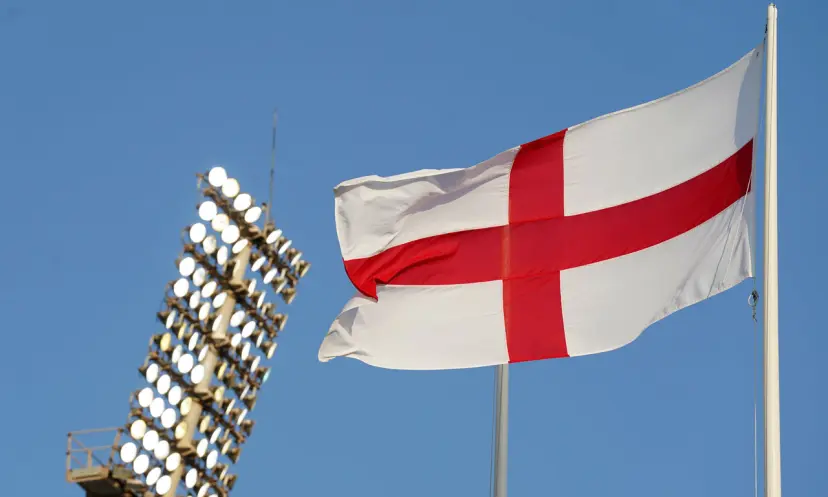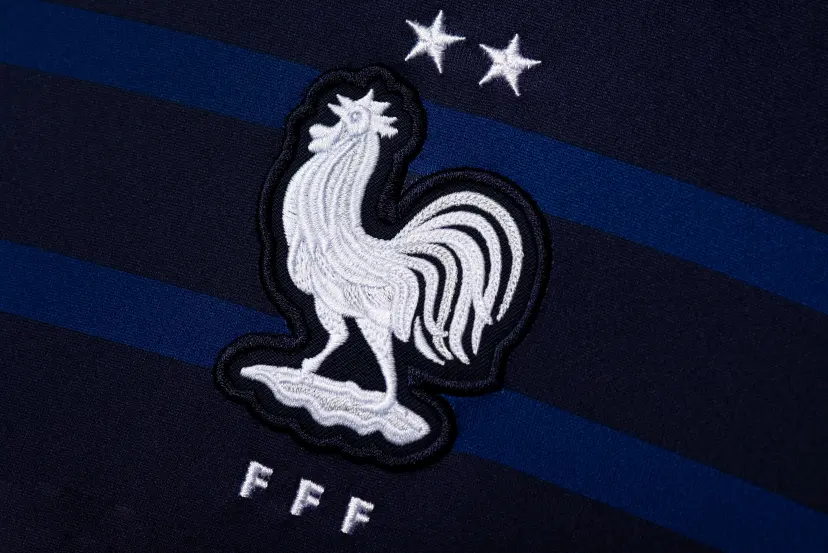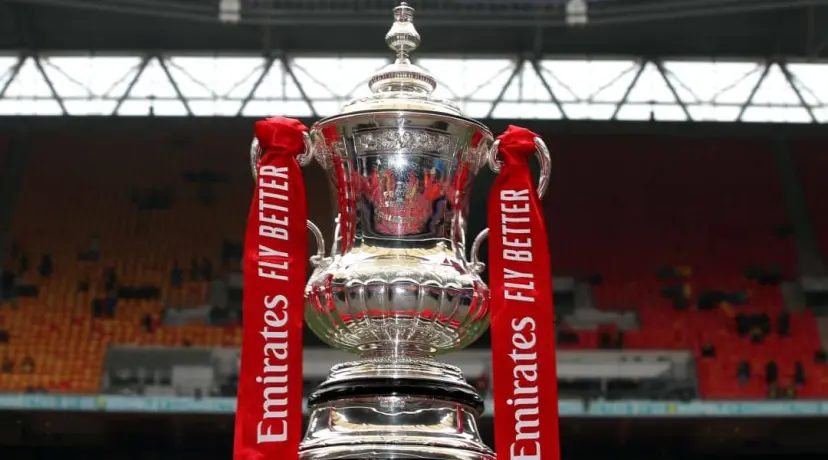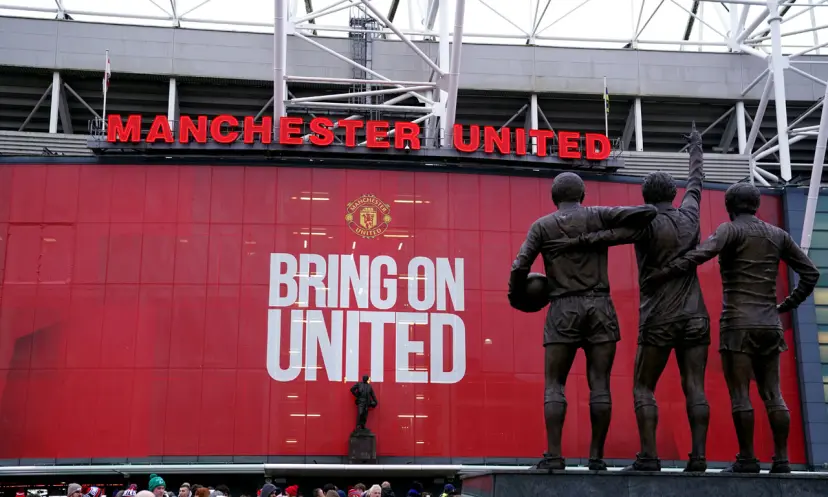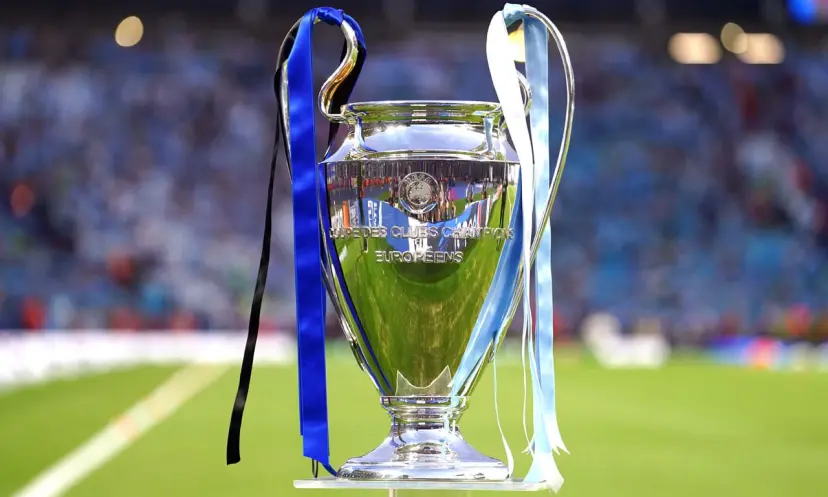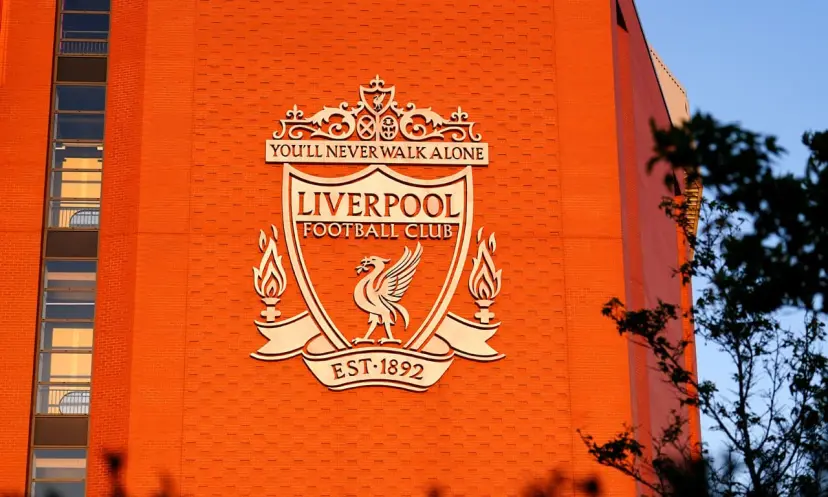Darius Vassell reveals why Ricardo removed gloves in Euro 2004 shoot-out and says sister told him he ‘should have just scored’ in penalty aftermath
Published: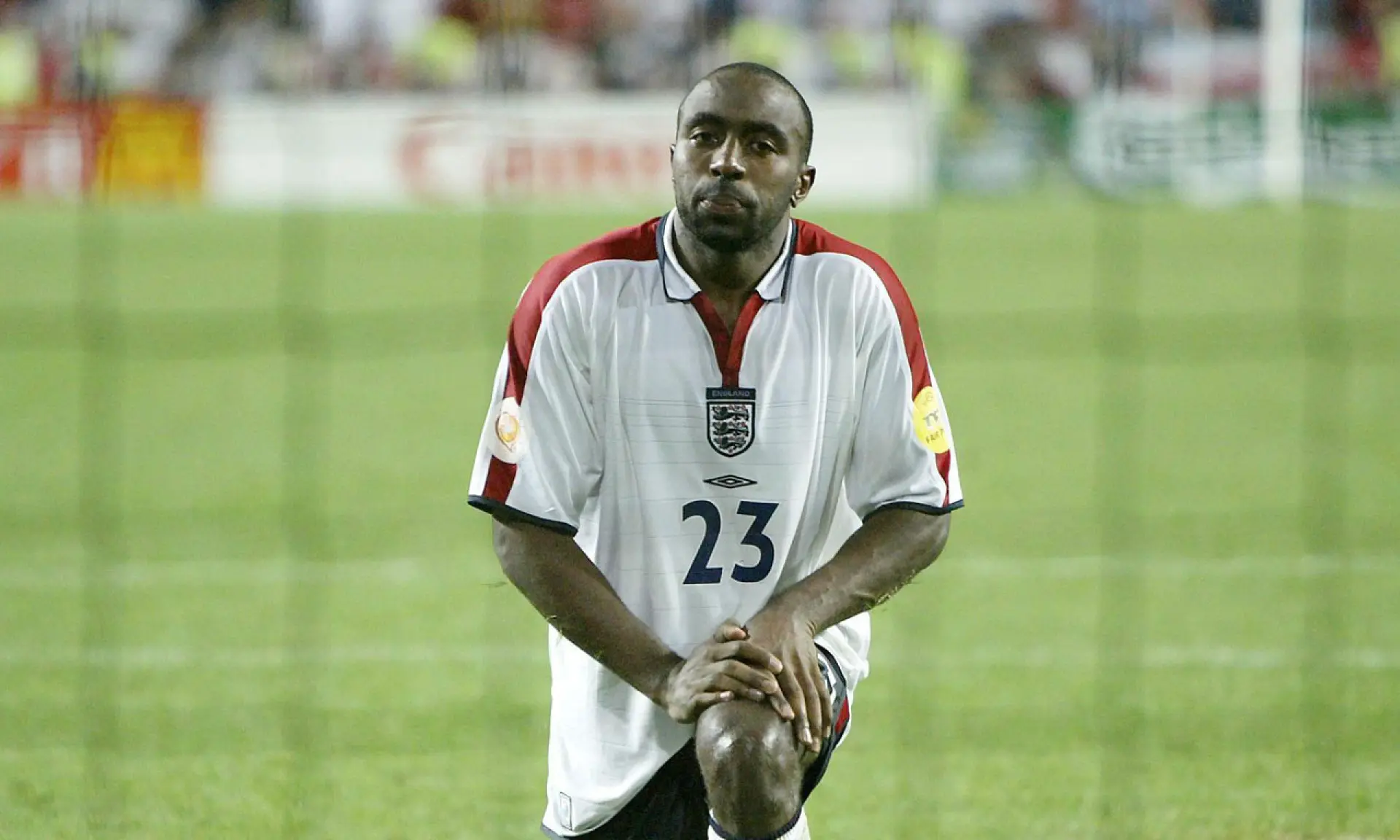
England take on France in the quarter-finals of the World Cup on Saturday when the players will be hoping to get through without the drama of a penalty shoot-out.
In an exclusive interview with Ladbrokes, Darius Vassell relives his penalty miss against Portugal in the last eight at Euro 2004.
And don’t forget you can win up to a grand with our free-to-play half-time quiz for all matches at the World Cup.
Ricardo told me why he took his gloves off to save my penalty…seven years after infamous shoot-out
I didn’t have a clue that Ricardo had taken his gloves off for my penalty. I was told that after the game and I was flabbergasted! Why would you do that? What was he thinking?
The funny thing is that I actually ended up playing with him at Leicester a few years later. One day we were out playing golf together and he told me why he took his gloves off for my penalty. He said he’d done his research on all the penalty takers in the England team, but he had no meaningful data on me; he couldn’t find any patterns. In other words he had no idea where I was going to put it, so he just took his gloves off, said “forget it” and made it a guessing game.
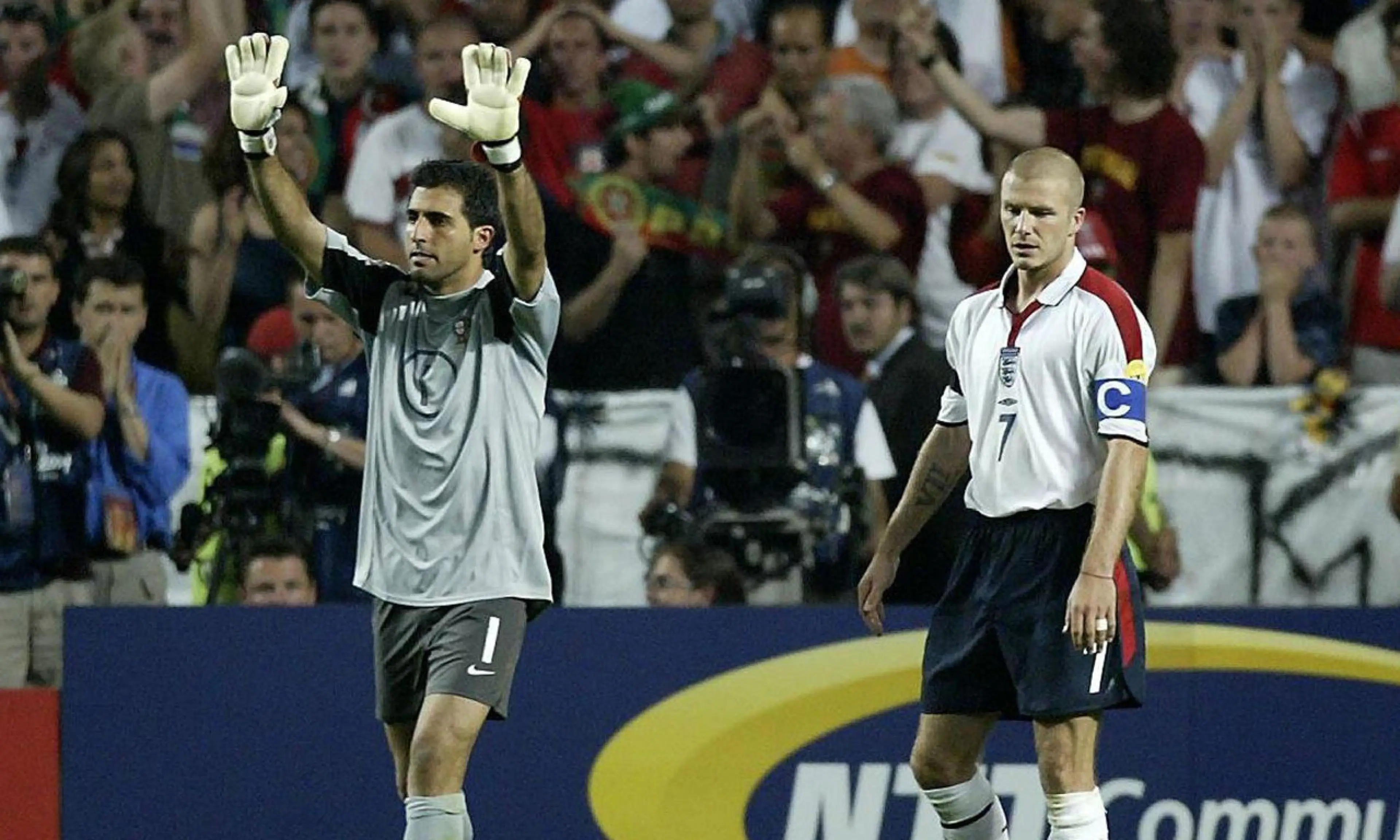
Obviously it turned out that the heavens were shining down on him on that night, but it was just funny to hear it straight from him all those years later, because I always wondered why on earth you’d do that in the middle of a shoot-out.
He’s a great guy, though. I can’t say he had many supporters in England after that shoot-out, but he was a really friendly guy, and because we teamed up so many years later, we were meeting on different terms, both on the same playing field, playing under Sven-Goran Eriksson, funnily enough, at Leicester, and it was all water under the bridge.
The five words my sister said to me after my penalty miss v Portugal
The girlfriend who I was with at the time was out there with me in Portugal in 2004, so luckily I had someone close to me who I could speak to and be with straight after the game. It’s funny because when I’m taken back to that night now, I can remember just thinking about her, and what it all meant for her, because she was the girlfriend of the penalty-misser. We shared that experience together and I’ll always thank her for that.
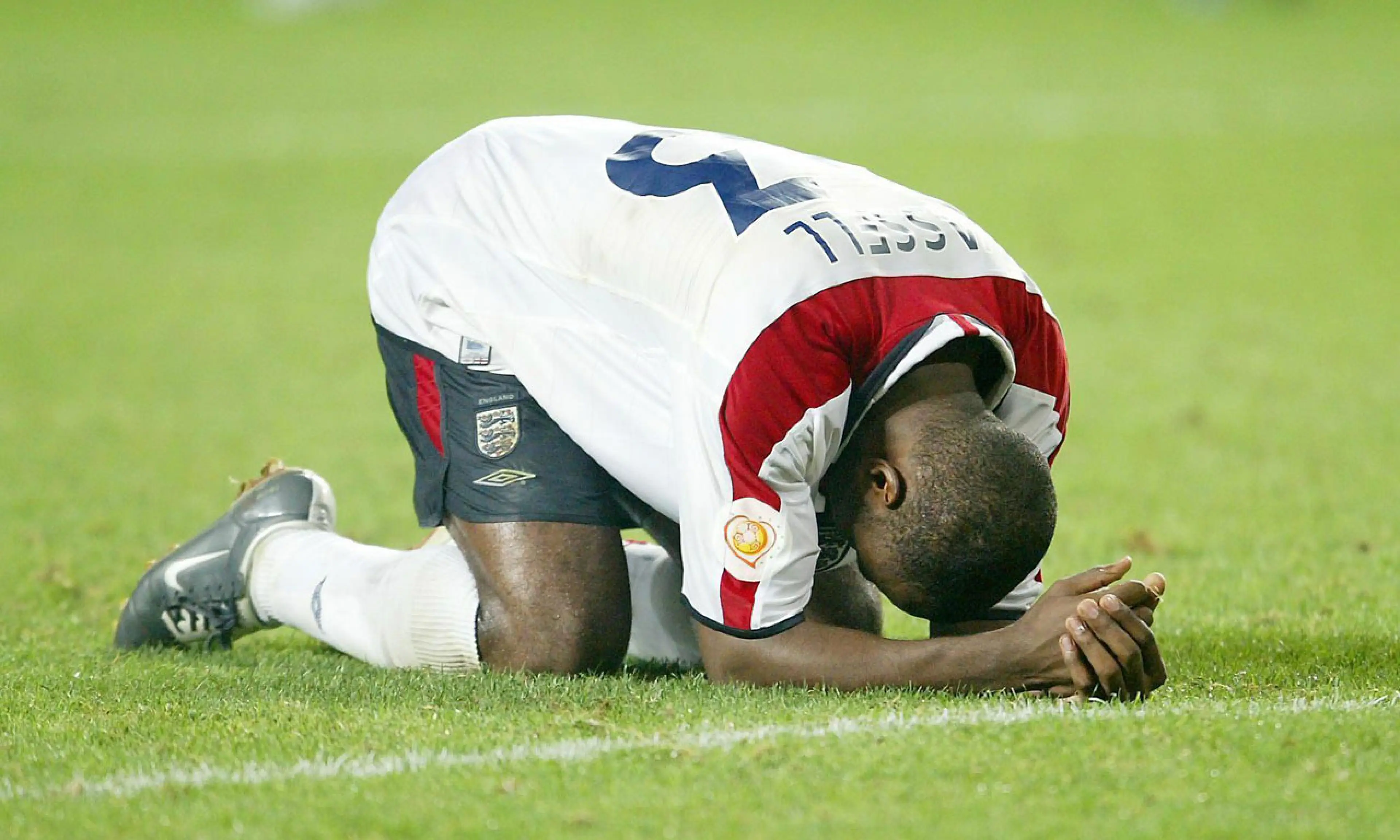
I went back home and, of course, my family were all gutted for me. My family know what I’m like as a person. They weren’t the type of family who came to all of my matches; football was very much my personal thing that I used to go to on my own. They knew that the penalty miss would have rocked me, of course, but they just tried to be as normal as they could with me.
My sister was as real as you can get, as all sisters are. She just said ‘why didn’t you just score?’ You have to try to take the positives out of it, and in that moment she was just being exactly what I needed her to be. I didn’t want to be the person that people were feeling sorry for – you want to be the opposite of that. You want to be the hero.
Penalty miss is part of what makes me the person I am today
You have to be confident when it gets to the point in the game where it’s come down to penalties. You’re professional footballers and you know how to kick a football, so I think everyone in that position has to be confident in themselves. But the brutal reality is that no one has the divine right to score from the penalty spot. People miss; big players miss penalties on big occasions.
It’s difficult to explain what was going through my mind on that night against Portugal, when I stepped up. When I think about it, it just brings up a lot of different emotions. The overriding thing for me was that it felt like such a long time between me walking to the spot, putting the ball down, the referee blowing his whistle and me hitting the ball – in reality it was a few seconds, but in that moment it felt like a lifetime.
It’s not a good feeling, for obvious reasons. I don’t want people to look at this, or any shoot-out, and think that players aren’t confident, because they are. It’s just that sometimes reality hits home for those players and they’re thinking ‘you could miss this’.
I’ve watched the shoot-out back a number of times and it plays out exactly the way I can remember it. You want to lock the memory away in a vault forever, but your brain just doesn’t work like that, and so I think you have to expose yourself to it – it’s part of what makes you the person you are today.
I’m back in the game now, coaching young players, and I want to use all of my experiences to help these guys – even the bad ones. I see players on a weekend taking penalties in games which have very little significance, and they look nervous. So I try to pass on all the information I can and say to them, ‘look, this is going to happen a lot in your career, and sometimes things aren’t going to go your way. It’s going to get worse, but you have to get through it.’
I knew exactly how Saka felt after his penalty miss against Italy
I watched the Euros final last year with a load of my friends. I’m in a position now that I’m retired which allows me to go out and enjoy games as a fan, so on that night I was out.
As soon as I saw the lads miss their penalties, I got this feeling inside me, because I knew what they were going through. I felt a relationship with them, because it’s hard. I always look at them – especially the young lads – and I just think of what that situation was like for me.
I’m looking at Bukayo Saka and wondering if – like me – he felt like his whole world had ended, like he’d let everybody down. That’s the instantaneous feeling you get; you’ve let your whole country down, you’ve let your team down, it’s all your fault. You’re not thinking about anything else, you’re not giving the goalkeeper credit; you’re putting all the blame onto yourself.
I tend to be emotional in those moments when I’ve seen England players miss penalties. I can remember seeing on Saka’s face, just how much it had hurt him – I know that look because I’ve felt it. But I also knew he was going to grow and learn from that experience, and ultimately it would make him a better player.
Golden Generation knew the backlash they’d get after Euro 2004
I saw a lot on the faces of those key players from the Golden Generation on the night we lost to Portugal in 2004. You could see how sick they were. They looked around at each other and they knew, as a squad, we were capable of going much further, perhaps even all the way, and that there was more of an expectation from everyone back home.
You could also sense for some of them that they knew it might have been their last opportunity to win something with England. I was disappointed for how everyone was feeling at the time. I wasn’t thinking of individual careers or what it meant for the future or anything like that. I was just thinking about the here and now, and in that moment, that was it; we were out of the competition. The journey was over.
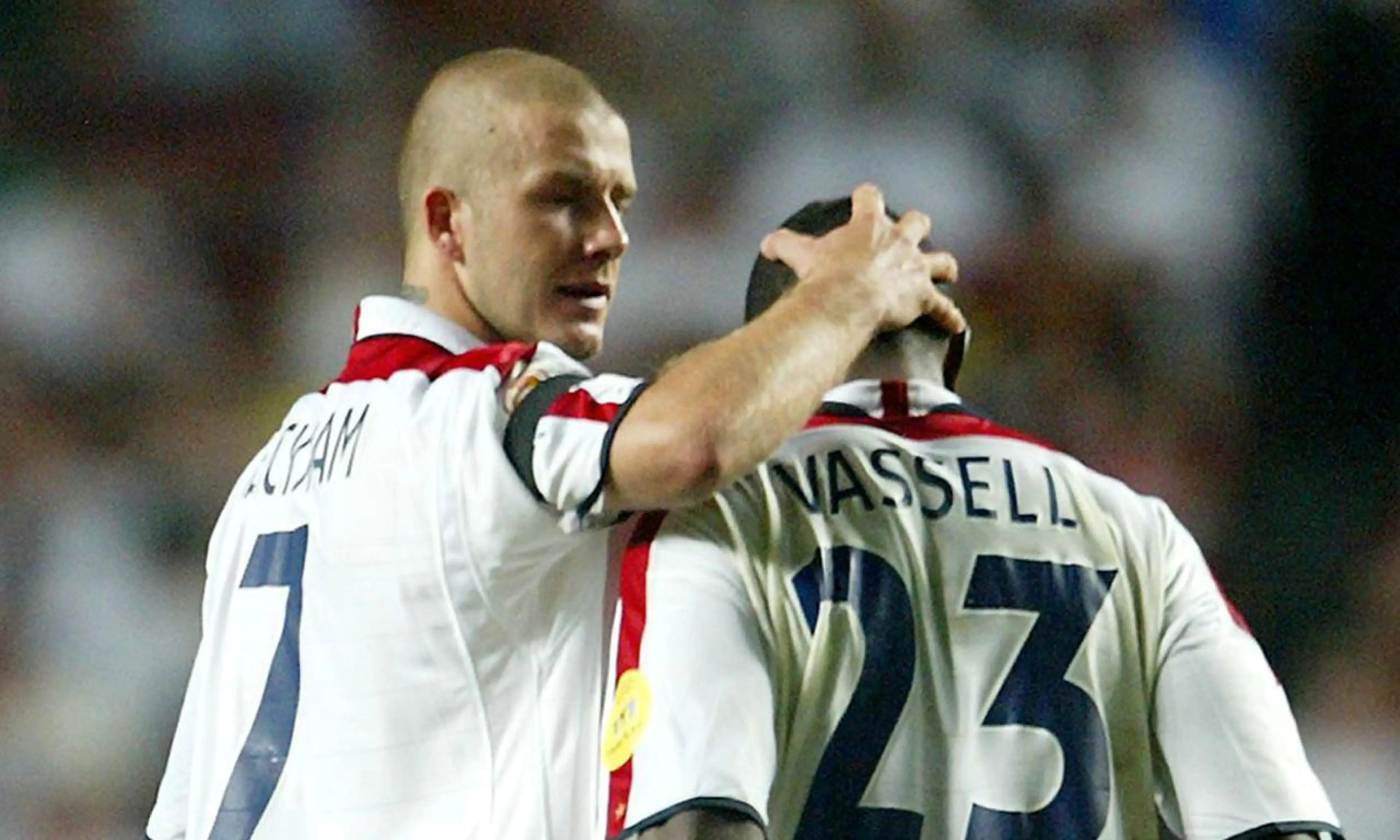
The dressing room was full of emotions on that night, and it’s difficult to lift yourself up again and start thinking about returning to your club and going again in pre-season.
To be fair, though, the captain at the time, David Beckham, along with Gary Neville, did speak to us all after the game and reminded us all that we had to stick together, look out for and back each other in the media. That unity and togetherness is something I like to think has stuck with the national team over the years, and it means that if these lads in Qatar can come back with the trophy, even though we haven’t had the ideal individual journey, we’ve still contributed towards the nation lifting that trophy in the future.
We have to unite as a nation and learn from Euro 2020 social media abuse
Back in the day when I missed my penalty against Portugal, social media just wasn’t anywhere near close to what it is today. I can’t imagine what the lads last year must have gone through. I was able to switch off and shut myself away from it because we didn’t have Twitter or anything like that, but it’s the first thing these lads would have seen when they woke up the morning after – they can’t escape it.
Of course every English person wants us to go all the way in Qatar and we are united in that. But we also have to be united if we don’t lift the trophy. The two have to go hand in hand, and the main problem we’ve got is that the people who really need to hear that message are simply just unable to hear it. They’re not the kind of people who want to be united in the first place. That means the majority have to be vigilant, call these people out who give the players abuse on social media, single them out and be strong.
It’s difficult in this day and age because it’s so easy to just set up accounts, so it’s so tough to police. But we need to unite and make sure that when we see something online, it gets called out.
